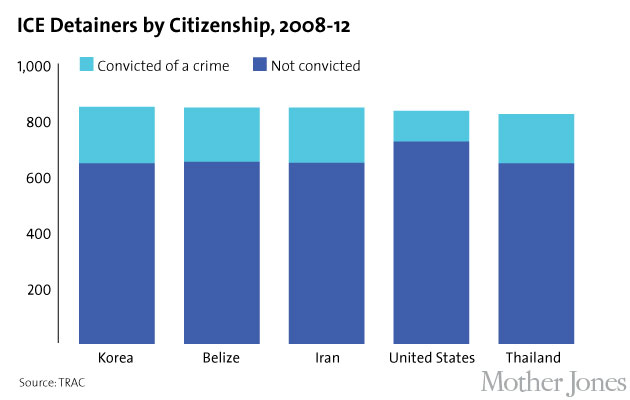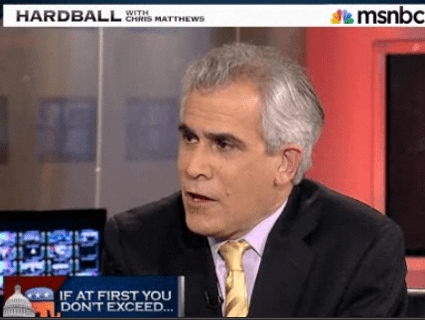
<a href="http://www.shutterstock.com/cat.mhtml?lang=en&search_source=search_form&search_tracking_id=B2D942D6-820D-11E2-B9FE-2D921472E43D&version=llv1&anyorall=all&safesearch=1&searchterm=uncle+sam+dunce&search_group=&orient=&search_cat=&searchtermx=&photographer_name=&people_gender=&people_age=&people_ethnicity=&people_number=&commercial_ok=&color=&show_color_wheel=1#id=91886447&src=B67C02C0-820D-11E2-B31B-12CDACE6966E-1-0">Jeff Cameron Collingwood</a>/ShutterStock
This week, New York City Mayor Michael Bloomberg urged Congress to issue more H-1B visas for highly skilled foreign workers. The US needs “an immigration system that brings the best, brightest, and hardest workers to our shores,” he said. His words echoed an editorial published last year by Bloomberg News headlined “Help The US Economy With Visas for the Best and Brightest.”
Unfortunately, the phrase “best and brightest” has a slippery history. It’s best known as the ironic title of journalist David Halberstam’s book about the architects of the Vietnam war. And it applies in a similarly upside-down way to foreign tech workers, who, according to a study released yesterday by the Economic Policy Institute, demonstrate no more talent in important areas than similarly educated Americans, and in some cases may be less qualified.
The EPI study, written by University of California-Davis computer science professor Norman Matloff, compared American-born college graduates holding degrees in computer science and electrical engineering to their foreign-born counterparts. Controlling for age and education level, he found that the foreign-born workers filed fewer patent applications, attended less-selective American universities, and were less likely to work in research-and-development positions than the native-born workers. They were also no better than Americans in terms of dissertation awards or salaries.
There are, of course, reasons for this that have nothing to do with intelligence. More than 80 percent of H-1B visa holders are approved to be hired at wages below those paid to American workers for comparable positions, according to EPI. And because H-1B workers and green card applicants are locked into jobs with whatever employer sponsors their visa, they have less less leverage to push for raises and promotions. As Matloff puts it, “the worker becomes a de facto indentured servant.”
Proponents of expanding the H-1B visa program like to argue that it’ll help attract the next George Soros or Sergey Brin. And it might. But Matloff’s analysis is the latest in a string of research to suggest that American CEOs really like something else about the program: the way it saves them money on labor.













